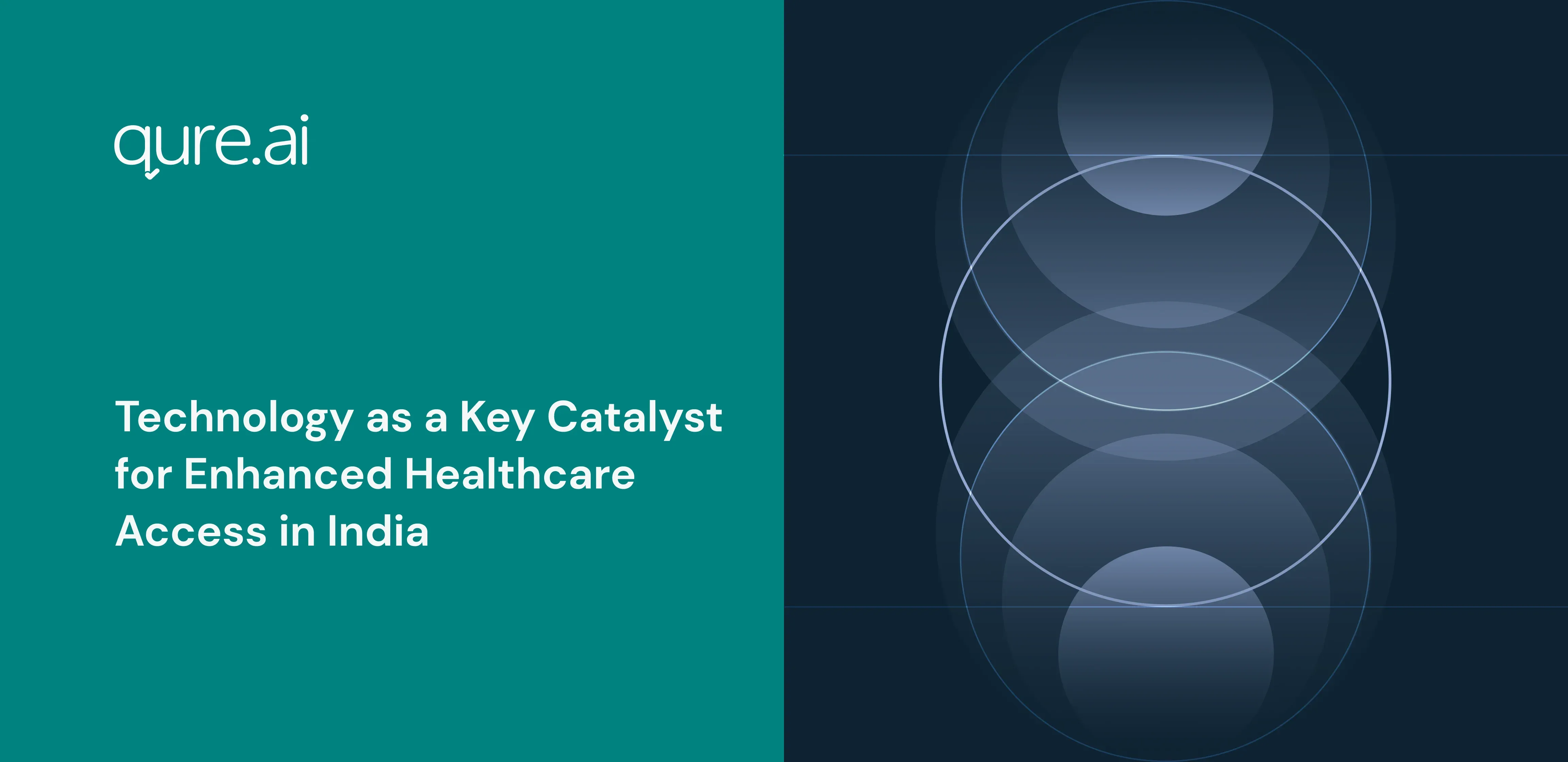As India grapples with various health challenges, technology is becoming a vital bridge between healthcare providers and patients, notably in remote and underserved communities. This was the focus of the recent panel discussion during the Lakshya – Sampoorn Swasthya Ka, where key players in the health tech sector shed light on the ongoing transformations.
Back
Neeraj Jain, Country Director, India, PATH, acknowledged that while India faces a notable workforce shortage in the healthcare sector, technology can significantly accelerate access to healthcare. Mr. Jain highlighted the three pressing concerns – lack of awareness, access, and proper health services.
The COVID-19 pandemic, he added, underscored the importance of health awareness even at the grassroots level.
He emphasized that telemedicine can broadly address the access issue, particularly for the rural population.
The government's telehealth platform 'E-Sanjeevani,' utilized by roughly 1 lakh health and wellness centers and 12,000 hubs, has already facilitated nearly 65 million consultations in rural locales.
Dilen Gandhi, Regional Marketing Director of Reckitt (South Asia, Health & Nutrition), highlighted the role of technology in disseminating vital health information to vast audiences, evidenced during the pandemic.
Customizable messaging, he said, is another boon of technology, citing a targeted health and product information campaign for expectant and new mothers.
Shyatto Raha, Founder & CEO, MyHealthcare, pointed to the success of digital technology in enhancing healthcare system efficiency.
By collating patients' clinical data meaningfully, physicians can consult more patients. Similar successes were reported by startups introducing "point of care" devices for immediate blood test results.
Prashant Warier, Co-Founder & CEO of Qure.ai, discussed the role of AI in healthcare, highlighting the company's success in creating AI algorithms to interpret radiology images within a minute at the point of care, reducing the typical 4-5 week wait period.
The WHO has endorsed Qure.ai's technology, which is currently utilized in over 700 hospitals across 62 countries, and has benefitted over 1.2 crores of patients.
The lack of hospital beds was addressed by Dr. Sangita Reddy, Joint Managing Director of Apollo Hospitals, who advocated for deeper incentives to increase the number of hospital beds. Apollo Hospitals' 'REACH' model aims to improve rural healthcare access and has urged investment in rural areas.
PLAN India CEO, Mohammed Asif, underscored the importance of technology in empowering frontline healthcare workers, enabling them to work with the latest knowledge and tools, such as mobile applications and tablets.
The panel also saw Nikhil Joshi, Co-Founder of Interaction Design Studio, Digital Jalebi, elaborate on digital tools, including virtual reality (VR) and augmented reality (AR), in providing healthcare workers with realistic, immersive experiences for tackling medical emergencies.
As India strides towards universal healthcare, it's clear that technology is a powerful ally that can help overcome numerous barriers and transform the nation's health landscape.
